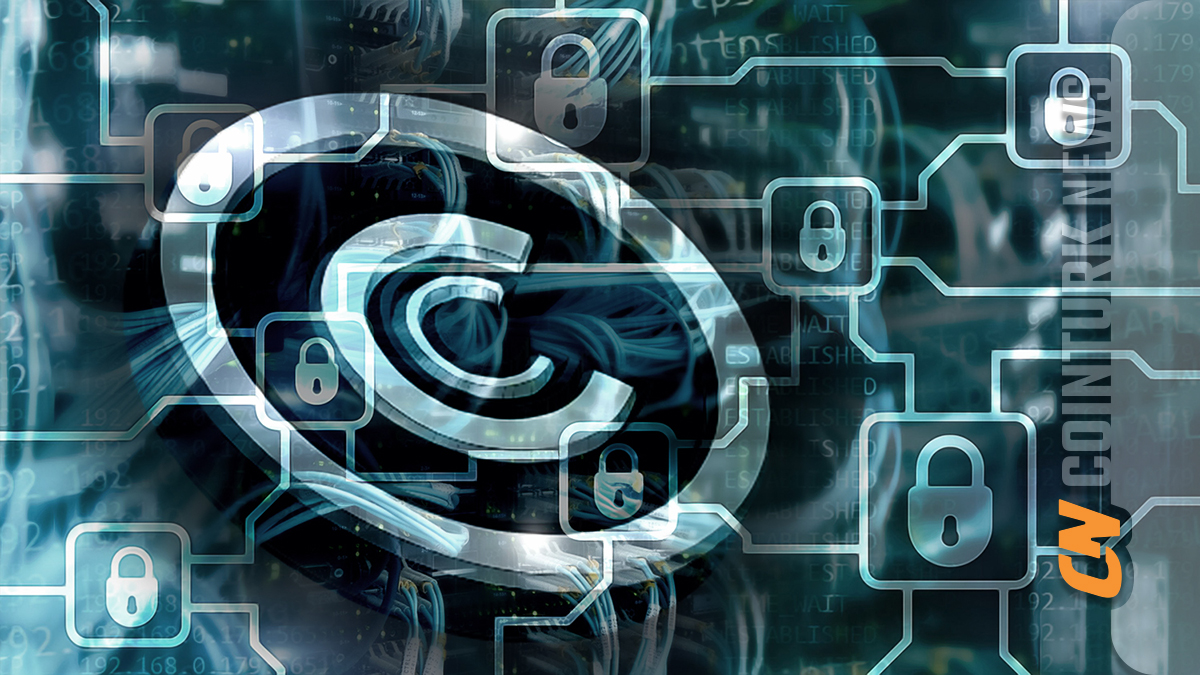Renewable energy-focused Bitcoin mining firm Iris Energy is planning to increase its total hash rate to 10 exahashes per second (EH/s) by 2024 with the new Bitmain T21 mining machines. The company announced that it has purchased an additional 1.6 EH/s of Bitmain T21 mining machines, to be delivered in the second quarter of 2024, and as of December 2023, it has a capacity of 5.6 EH/s.
Iris Expands Its Operations
The latest generation mining hardware from Chinese-based mining machine manufacturer Bitmain will also increase the efficiency of Iris’s operations from 29.5 joules per terahash (J/TH) to 24.8 J/TH. Iris has invested $22.3 million for its most recent order from Bitmain and has priced the hardware at $14 per terahash.
The mining company expects to boost its mining capacity by 1.4EH/s in the first quarter, enhancing its previous Bitmain S21 miner order. It also anticipates an increase of 1.3 EH/s with a different group of Bitmain T21 miners.
Iris announced in June 2023 that it would expand its Childress data center operations in Texas by 80 megawatts (MW). The company emphasized that additional operational capacity would be delivered starting January 2024 and that as new hardware is acquired from Bitmain, it will allow the operational hash rate to increase up to 10 EH/s. The company also plans to construct another data center on-site with 100 MW, which will be possible with the provision of an additional 500 MW of power capacity currently available for the operations.
Bitcoin Production with Renewable Energy
Although Iris primarily focuses on Bitcoin mining, it has started to expand its data center to serve the increasing demand for productive artificial intelligence computation. In August, Iris invested $10 million to purchase 248 state-of-the-art Nvidia H100 GPUs, which are planned to be delivered by the end of 2023.
The company currently operates data center facilities in different regions of North America, including Canal Flats, Mackenzie, Prince George in British Columbia, Canada, and the Childress facility in Texas.
Iris states that it uses 100% renewable energy in all four centers and that its data centers generate power from a mix of wind, solar, and hydroelectric sources. A report on their website highlights that the energy for the three facilities in Canada is generated 98% from renewable sources. The remainder of the energy usage is balanced by purchasing renewable energy certificates.

 Türkçe
Türkçe Español
Español








